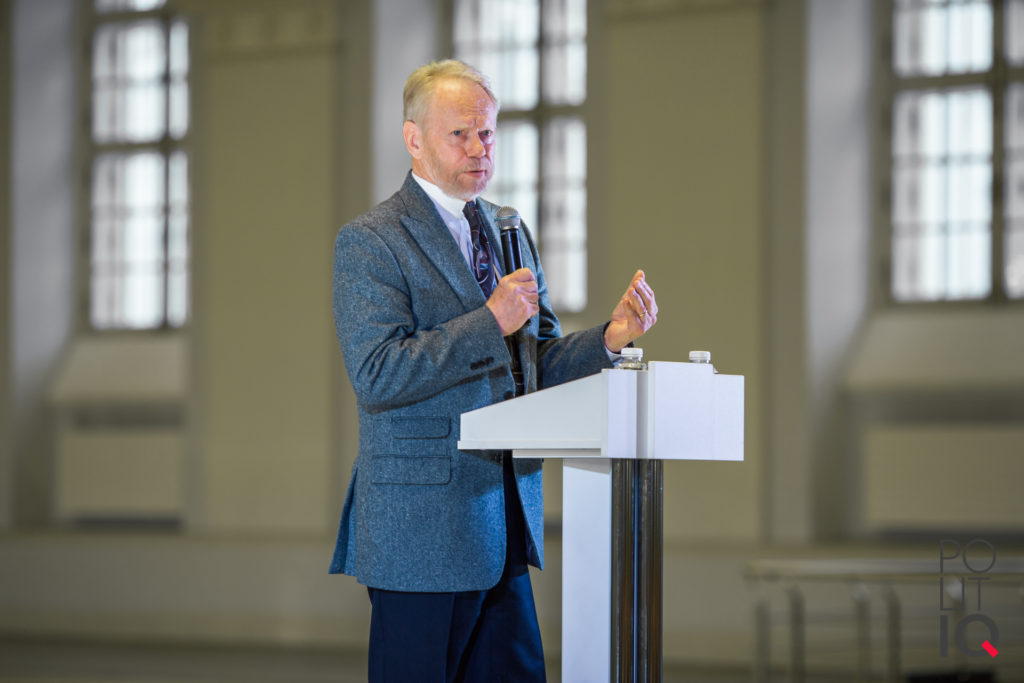Governments everywhere and at all levels—national, regional, and local—need well-trained young
professionals to help design and implement policy meeting the needs of the populations they serve.
How well those needs are met—whether in health care or safe streets, education or well-crafted foreign
policy, a thriving cultural life or efficient public transportation—depends on the quality and character of
the people charged with developing public policy across an immensely complicated range of issues.
Nowhere is this more true than in Russia and its new independent neighbors, all of whom were not so
long ago part of a single country. For them the challenge of producing efficient and effective
government policy is particularly great, because they are still in the process of refining their political
institutions and practices and because they are doing this in political and economic environments—both
internal and external—that are among the most difficult in the world.
Thus, the need is particularly great for a new generation of specialists who understand the depth and
complexity of the policy challenges that face Post-Soviet countries, and, if they come from these
countries who are able to help meet these challenges as either analysts or policymakers. Or, if they
come from more distant countries, who can assist policymakers in their countries to better understand
the choices facing their counterparts and the factors shaping the choices they make.
Moscow State University’s new two-year “Post-Soviet Policy” masters program, taught in the
Department of Public Policy, under the auspices of the Faculty of Political Science, is where this new
generation of specialists will be trained. The program will combine the practical with the fundamental.
Exposure to modern political science methods and frameworks of analysis will occur parallel with a deep
exploration of basic political, economic and social trends underway in different post-Soviet states. The
curriculum will focus on both the foreign and domestic policy spheres and what is required to formulate
effective policy in both domains.
In the end the objective of the program is to produce skilled professionals sensitive to intricate socio-
political settings, responsive to rapid change, and able to act in situations of uncertainty. Specialists
capable of differentiating among problem solving strategies, creative in designing steps to implement
them, and hard-headed in evaluating their results. Core courses will provide a broad and basic
background in the historical factors shaping current political, economic, and social trends in the post-
Soviet states, characteristics of these societies critical to policy making, the nature of their political
institutions and the role of civil society, the evolution of political economy, a comparison of their foreign
policy, and the role of international and regional institutions.
Within this core, students will have the opportunity to explore specific interests in particular countries,
different aspects of the policymaking process, the role of particular policy-relevant institutions, and
concrete problem areas in both domestic and foreign policy, including the sphere of nuclear weapons,
an area of particular concern to me. The program will be taught in English by a combined Russian and
international faculty drawn from Europe, Asia, and North America.
It is my job to work with Professor
Alexander Nikitin and colleagues to ensure that both the faculty and curriculum meet the highest international standard, guaranteeing that those of you who graduate from the “Post-Soviet Policy” program are your country’s next best hope as policymakers and analysts.
Robert Legvold
Marshall D. Shulman Professor Emeritus, Columbia University


